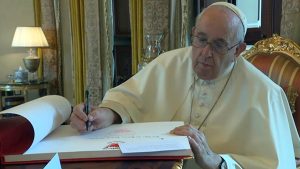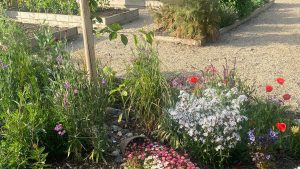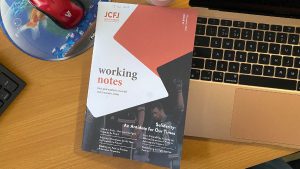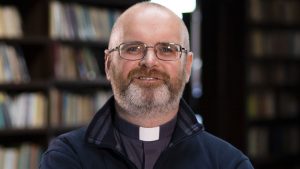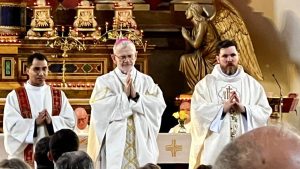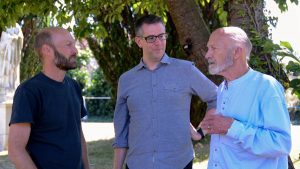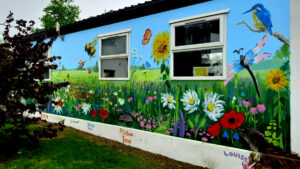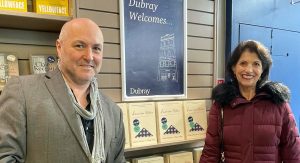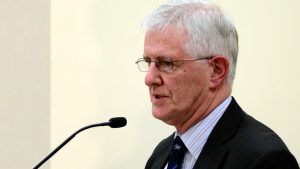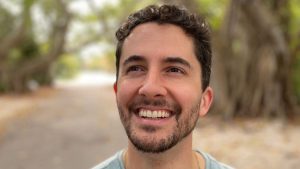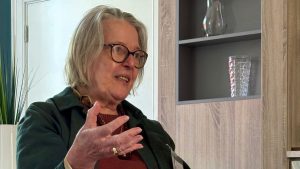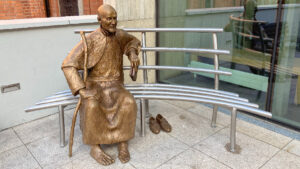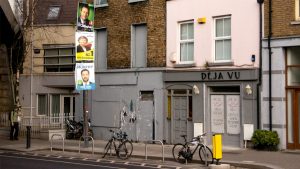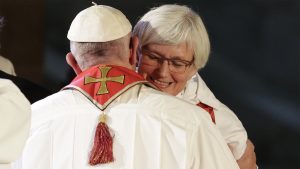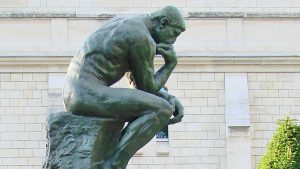Laudato Sí – a unique work
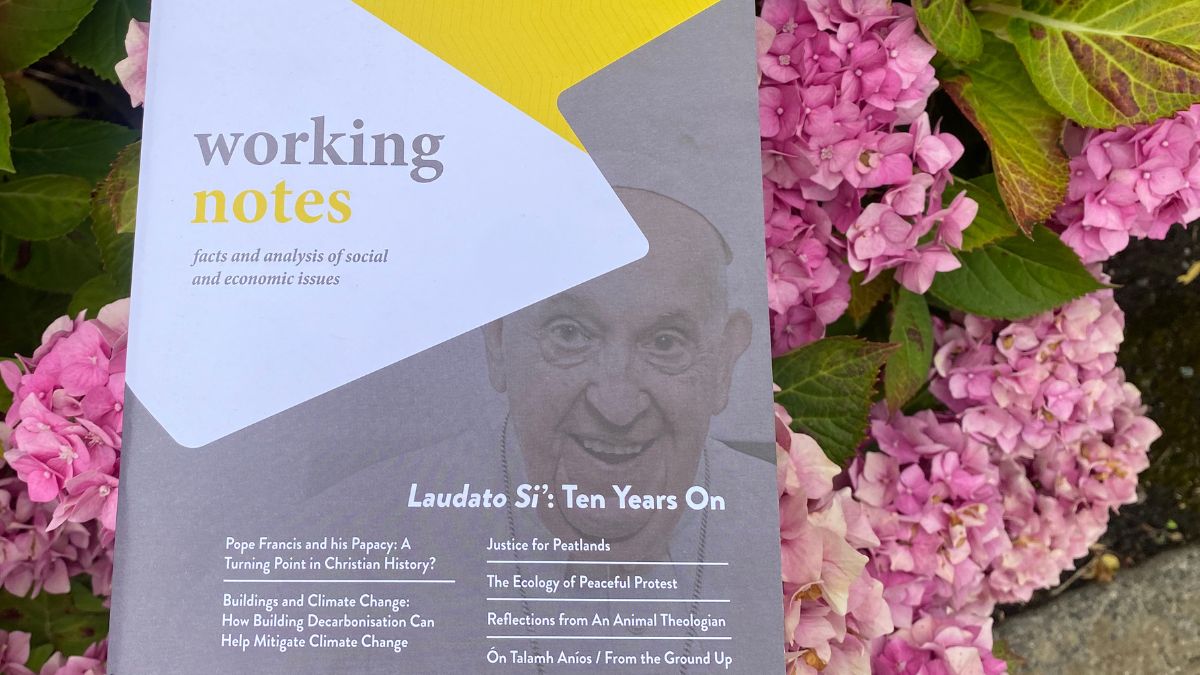
The latest issue of Working Notes » entitled is now available.
This latest edition of Working Notes (the journal published by the Jesuit Centre for Faith and Justice to examine, analyse, and comment on contemporary social issues) marks the tenth anniversary of Pope Francis’ encyclical on the care of the earth, Laudato Sí »
The JCFJ had actually planned a celebration to mark the anniversary but with the death of Pope Francis the editor, Dr Kevin Hargaden, says this issue, ‘Laudato Sí Ten Years On’» ,”suddenly has become more like a vigil… in mourning we find ourselves drawn again to the encyclical that first gave shape to what Francis called ‘integral ecology’. We return to it not out of nostalgia but because we know the work is not finished”.
Dr Hargaden explains how Laudato Sí» is now one part of a theological arc that includes follow up works by Pope Francis, namely Fratelli Tutti » and Laudate Deum ». “This is a body of work that has placed care for the earth and concern for the poor at the heart of the Church’s moral vision,” says Kevin Hargaden, adding that what made Laudato Sí unique and what gives it continuing power “is how it frames these concerns.” He notes that for Francis, the ecological crisis can never be separated from the crisis of inequality. ‘We are not faced with two separate crises, one environmental and the other social’ Hargaden writes, “but rather with one complex crisis which is both social and environmental”. And he concludes, “Everything is connected.” Read more about this latest issue below.
Issue: 98: Laudato Si’: Ten Years on
The issue begins with a piece by Peadar Kirby, he is Professor Emeritus of International Politics and Public Policy, at the University of Limerick and Research Coordinator, Cloughjordan Ecovillage. His novel on the last of the Avignon popes, ‘Misean go Peñiscola’ won second prize in Comórtas Liteartha an Oireachtais 2024. His article is entitled ‘Pope Francis and his papacy: A turning point in Christian history?’. The piece is a deep reflection on Pope Francis’ teachings and legacy. Peadar describes Pope Francis as “A man who made kindness radical again, who reminded the powerful that humility was not weakness, who spoke of love not as doctrine but as duty. He was not just a religious man. He was something far more rare – he was universally spiritual”.
Davide Dell’Oro, SJ is an Italian priest of the Society of Jesus. He is currently a visiting scholar at Politecnico di Milano, where he researches building decarbonisation and climate change mitigation and adaptation. He has a Ph.D. and an MSc in Civil Engineering-Architecture from Politecnico di Milano. His piece ‘Buildings and climate change: How building decarbonisation can help mitigate climate change’ examines what roles our buildings have with regards to climate change and in particular how we inhabit them. He asks “Can building decarbonisation, which focuses on reducing GHG emissions from buildings, help mitigate climate change? Is this action within our reach?” His article offers some answers to these questions.
Mariana Silva is a PhD candidate at Trinity College Dublin, working with Bord na Móna and the Environmental Protection Agency on bog rehabilitation. Her article ‘Justice for Peatlands: field notes from a Catholic ecological engineering PhD researcher’ details why she believes that theological understanding and scientific curiosity are perfectly complementary, even in perhaps the least palatable of landscapes. Mariana is a 26-year-old Catholic peatland ecohydrologist and her faith formation has been influenced by Pope Francis’ ecological writings. She says “My ecological conversion began when I encountered Laudato Si’ soon after my confirmation in 2015. I fell in love with peatlands while I was an environmental engineering student at the University of Notre Dame in 2019. It wasn’t until I moved to Ireland that I discovered there were people out there willing to hike through endless stretches of bogland. Avid Irish hill walkers trek the Wicklow Way (among many Ways) in all weathers. To an extent, societal perspectives determine which landscapes are palatable and which landscapes are not. Yet, I believe there exists a conditionality of, a threshold for, the Irish tolerance for bogland, which interests me terribly.”
Christian activist Judith Russenberger is a retired mother of three, with degrees in Building Surveying and Biblical Studies. She is also a member of the Third Order of the Society of St Francis. Her activism has included weekly vigils outside the British Parliament, Lloyds of London, and the headquarters of Shell and BP. In her article ‘The Importance of a Healthy Ecology of Protest’ she shares her insights in becoming increasingly involved as an activist with Christian Climate Action. The campaigns seek an end to all three crises covered by Pope Francis’ formulation of “Integral ecology”: climate, biodiversity, and global social justice. The actions are varied in size and scale from solo prayer vigils to the occupation of the offices of financial institutions. They are always peaceful. She comments “Just as the world is not populated by one species but by an interconnected and interdependent ecosystem encompassing a diversity of species, so the world of protest is an interconnected and interdependent ecosystem. Just as diversity enables a rich and flourishing environment in the world of flora and fauna, so diversity ensures a rich and flourishing environment in the world of protest. And this environment is essential for a properly functioning democracy”.
Ruby R. Alemu holds a PhD in Theological Ethics from Aberdeen University. Her recent thesis The Cries of the Animals: Integral Ecology After Laudato Si’, highlights the missing nonhuman animals in the encyclical through the perspective of ‘anthropocentrism’ which is described as the ethical belief that humans alone possess intrinsic value. She also explores the Thomistic and Franciscan influences of Laudato Si’ and Catholic Social Teaching. In her article ‘Laudato Si’, Ten Years On: Reflections from An Animal Theologian’ she warns “Without a major and urgent transformation in global meat consumption, and even if zero [greenhouse gas global emissions] in all other sectors are achieved, agriculture alone will consume the entire world’s carbon budget, which is needed to keep global temperature rise under 2°C by 2050. The food that we eat and the food choices that we make are one of the – or even the most – significant actions for individuals and communities to combat the ecological crisis”.
Finally the journal concludes with an interview featuring Jesuit Frank Brady SJ on the Irish language and renewing ecosystems. The article is entitled ‘Ón Talamh Aníos / From the GroundUp’. Frank recalls “When I was in the Gaeltacht in West Cork, many, many people spoke English. But any time I spoke Irish, I was always answered in Irish”. That simple act of response – of being met where one is, i.e. in your own words – is, in Frank’s telling, not just a memory but a sign of something deeper. Frank continues “It’s like there are shoots coming up, gesturing to a fragile but persistent resurgence of the Irish language in Ireland’s cultural soil. “The ecosystem is weak,” Frank admits, “But it’s also alive. It finds its way back into existence.”


